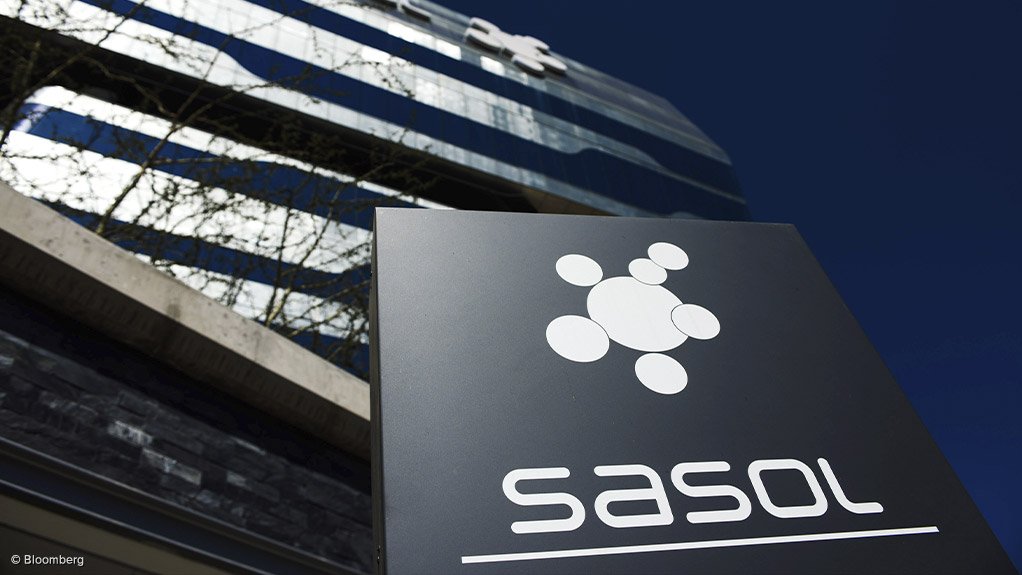Integrated chemicals and petrochemicals major Sasol continues to actively manage its balance sheet with the objective of maintaining a robust liquidity position and a balanced debt maturity profile.
In its financial results for the year ended June 30, 2019, Sasol mentions that the company’s foundation results produced resilient results despite the challenging backdrop of the macroeconomic environment. The company was impacted on by markets and geopolitical risks, including a subdued growth in global gross domestic product.
Sasol’s gross margin percentages decreased by 2%, compared with the year before. This was driven by a softer macro environment, which negatively impacted on the supply and demand dynamics especially in the chemicals business. However, Sasol views this as temporary as the market is expected to recover over the short to medium term.
Sasol’s energy business benefited from higher crude oil prices and higher diesel differentials. These benefits were offset by weaker petrol differentials, which were driven by negative supply and demand fundamentals.
Cash fixed costs increased by 5.7%, relative to the 6% internal inflation target. Sasol states that its cost management processes remain robust while it continues to evaluate further opportunities to embed continuous improvement efforts.
Core headline earning a share increased by 5% from R36.38 in 2018 to R38.13 in 2019 and headline earning a share increased by 12% from R27.44 in 2018 to R30.72 in 2019.
Total asset value of Sasol increased by 7% from R439.2-million in 2018 to R469.9-million in 2019. The company’s total liabilities increased by 16% from R210.6-million in 2018 to R244.1-million in 2019.
The cash generated by operating activities increased from R43-billion in 2018 to R51-billion in 2019. This was largely attributed to favourable Brent Crude oil prices and the exchange rate, together with the company’s strong working capital performance.
Additionally, in the South African market, Sasol has bank loan facilities and the R8-billion Domestic Medium-Term Note (DMTN) programme, which was established in 2017. In August this year, Sasol issued its inaugural paper to the value of R2.2-billion in the local debt market under the DMTN programme.
Another key element of financial market risk management is Sasol’s hedging programme which continues to make good progress with hedging the company’s currency and ethane exposure.
With regard to dividends, the Sasol board has made the decision to pass the final dividend to protect and strengthen its balance sheet. The company states that it will continue to ensure that it delivers the key elements of its strategy, particularly the final completion of the Lake Charles Chemicals Project. The board may further consider the passing of the 2020 interim dividend based on the health of the balance sheet credit metrics at that stage.
In addition to releasing financials, Sasol announced the changes to its board of directors. The most notable change was the resignation of joint presidents and CEOs Bongani Nqwababa and Stephen Cornell. Fleetwood Grobler has been appointed as president and CEO and as executive director with effect on November 1, 2019.
Sasol’s active balance sheet management will remain a key ongoing focus during the peak gearing phase.
Edited by: Zandile Mavuso
Creamer Media Senior Deputy Editor: Features
EMAIL THIS ARTICLE SAVE THIS ARTICLE
ARTICLE ENQUIRY
To subscribe email subscriptions@creamermedia.co.za or click here
To advertise email advertising@creamermedia.co.za or click here















